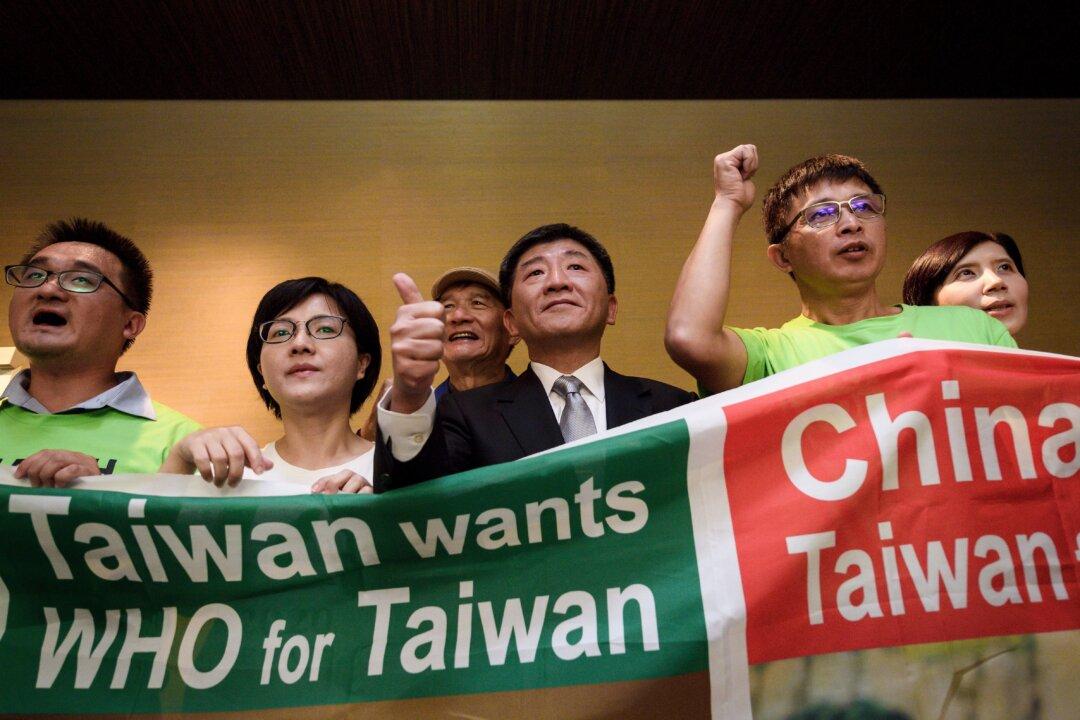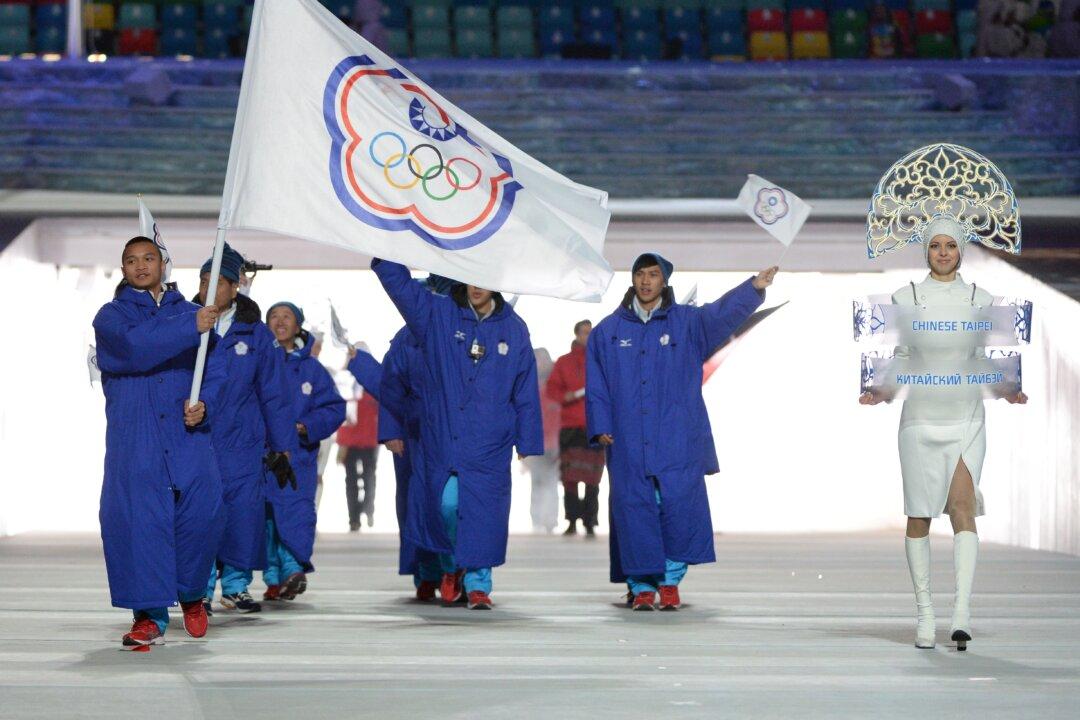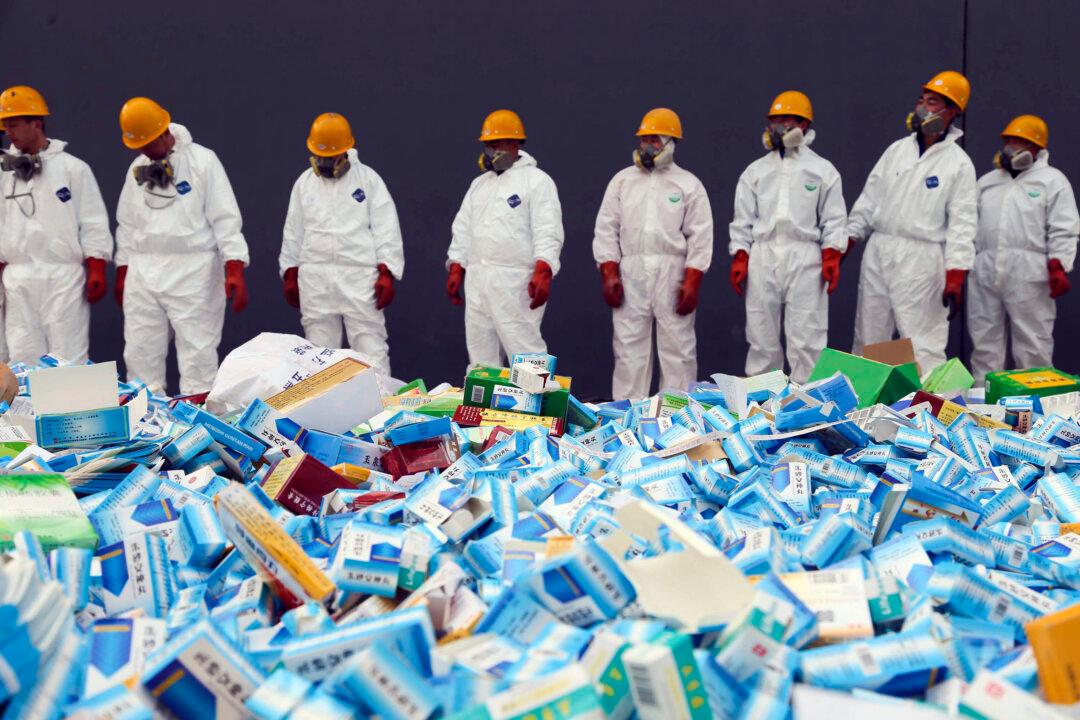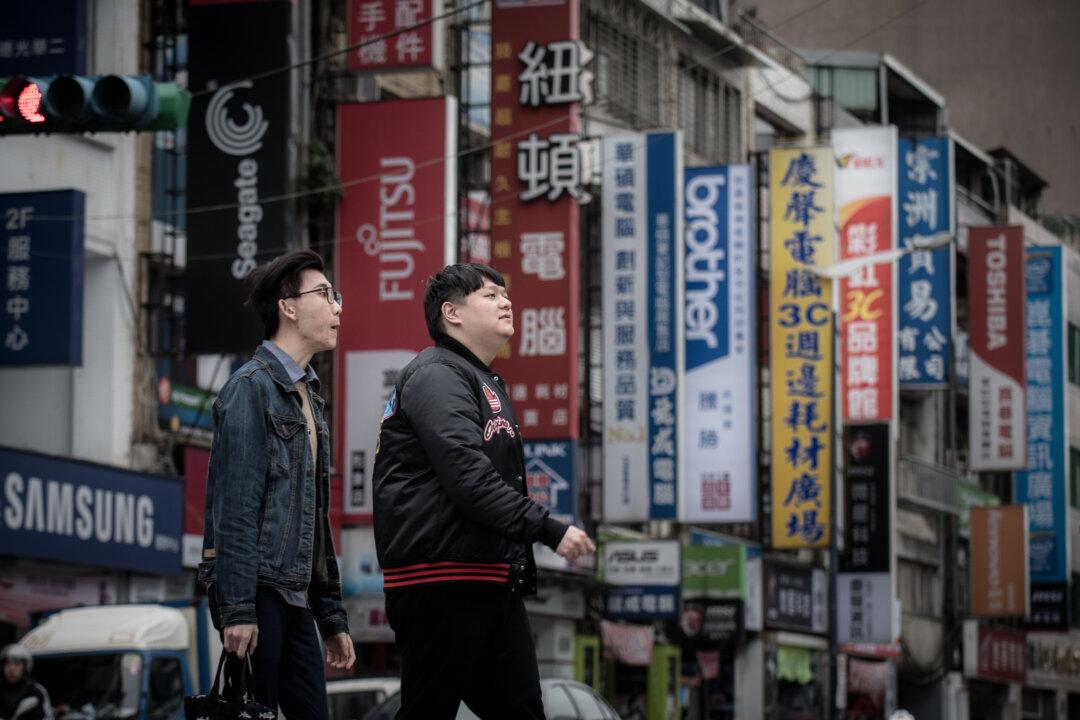Despite exclusion by United Nations’ World Health Organization (WHO) due to Beijing’s political pressure, Taiwan has not been deterred from expressing its desire to be included in the World Health Assembly (WHA). Taiwan has mobilized its diplomatic allies to lodge a protest at the assembly, while the Taiwanese delegation and groups are now campaigning in Geneva to ensure that the exclusion of the island nation is in the spotlight at the opening of the annual global health meeting.
During the opening of the WHA meeting on May 21 in Geneva, Switzerland, 15 member-states of the WHO promptly submitted a proposal to invite Taiwan as an observer to the assembly. The proposal was rejected after debates were held at the General Committee meeting and also during the plenary session meeting.




